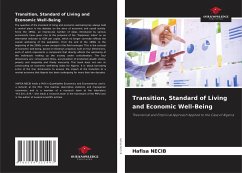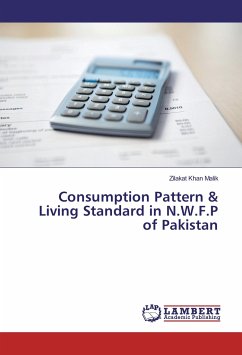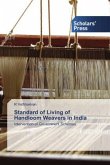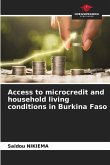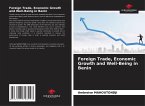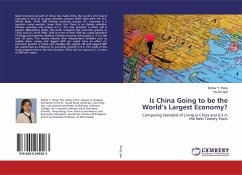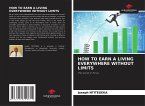The question of the standard of living and economic well-being has always held a central place in the debates on the aims of economic and social activity. Since the 1950s, an impressive number of ideas introduced by various economists have given rise to the proposal of the "happiness index" as an alternative indicator to GDP per capita, which no longer correctly reflects the overall well-being of the population. From the end of the 1990s to the beginning of the 2000s a new concept in the field emerged. This is the concept of economic well-being, based on Osberg's proposal, built on four dimensions, each of which represents a component that directly affects the well-being of the individuals making up the society under consideration. The four dimensions are: consumption flows, accumulation of productive wealth stocks, poverty and inequality and finally insecurity. This book does not aim at constructing an economic well-being index for Algeria. It is about borrowing some of the fourdimensions to assess the impact of the transition to a market economy that Algeria has been undergoing for more than two decades.
Bitte wählen Sie Ihr Anliegen aus.
Rechnungen
Retourenschein anfordern
Bestellstatus
Storno

